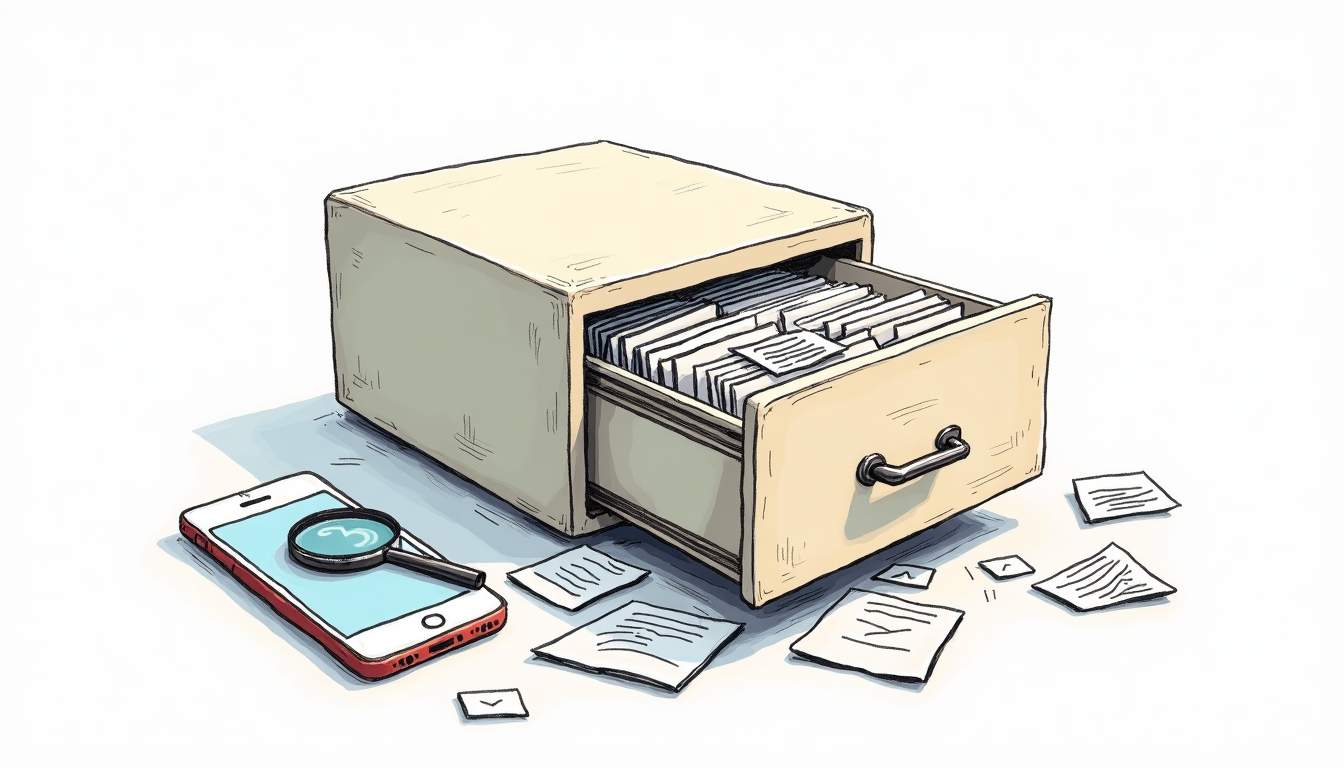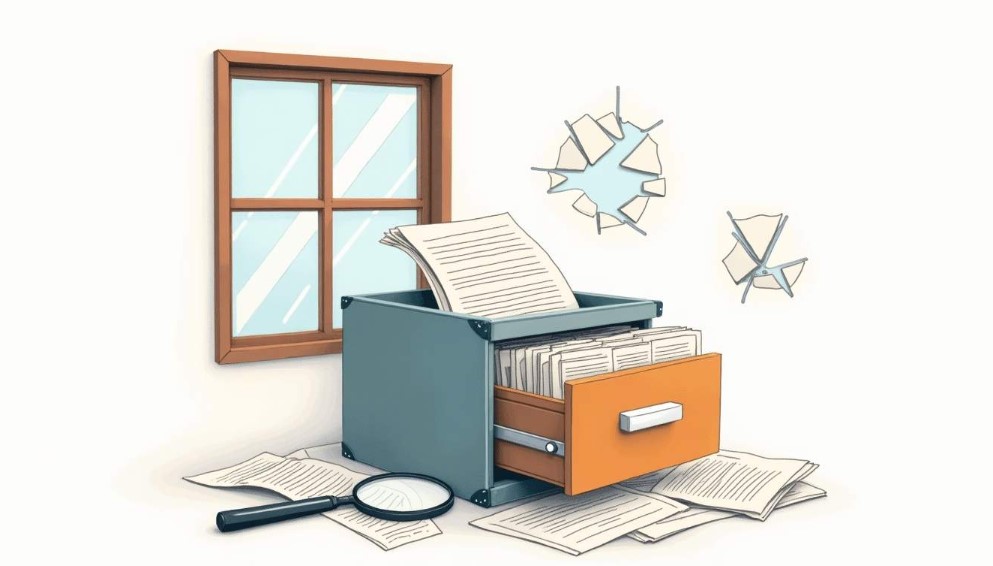Experiencing a theft can be deeply unsettling and stressful. Beyond the emotional impact, dealing with the aftermath especially filing insurance claims for stolen property can feel overwhelming. Understanding how to navigate this process efficiently can make a significant difference in recovering your losses and regaining peace of mind.
This comprehensive guide will walk you through the essential steps to take after property theft, how to prepare and file your insurance claim, and tips to avoid common pitfalls. Whether it’s a burglary at home, a stolen vehicle, or missing valuables, knowing what to do can help you get the assistance you deserve.
Immediate Actions After Discovering Stolen Property
Ensure Safety and Secure the Scene
First and foremost, ensure your personal safety. If you suspect a break-in or theft, avoid entering the premises until you are certain it is safe. Sometimes, thieves may still be nearby or there could be hazards left behind. Once safety is confirmed, try not to disturb the scene, as this could be important for police investigations and insurance assessments. Additionally, if you notice any signs of forced entry, such as broken locks or windows, take note of these details. They can provide crucial information to law enforcement about the nature of the crime and help in their investigation.

Contact the Police and File a Report
Reporting the theft to law enforcement is a critical step. A police report serves as an official record of the incident and is often required by insurance companies when processing claims. Provide as much detail as possible, including descriptions of stolen items, estimated values, serial numbers, and any suspicious activity or individuals you may have noticed. It’s also advisable to ask for a copy of the report for your records. This documentation can be invaluable not only for insurance purposes but also for any potential follow-up with the police or legal proceedings that may arise from the theft. For professional guidance and investigative support, you can visit Lauth Investigations.
Notify Your Insurance Company Promptly
Time is of the essence when filing insurance claims. Contact your insurer as soon as possible to inform them of the theft. Many policies have strict deadlines for reporting claims, and early notification helps speed up the process. Your insurance agent can guide you through the specific requirements and documentation needed. Be prepared to provide a detailed account of the incident, including the police report number and any evidence you may have gathered. Furthermore, consider reviewing your policy to understand the coverage limits and any deductibles that may apply, as this can impact your financial recovery from the loss.
Document Everything
In addition to notifying the police and your insurance company, it is crucial to document everything related to the theft. Take photographs of the scene, including any damage or disarray caused by the intruder. If you have receipts, appraisals, or photographs of the stolen items, gather these as well. This documentation not only supports your insurance claim but can also assist law enforcement in their investigation. Keeping a detailed record of conversations with the police and your insurer, including dates, times, and the names of individuals you spoke with, can also be beneficial in ensuring that your case is handled efficiently.
Consider Security Enhancements
After dealing with the immediate aftermath of the theft, it may be wise to consider enhancing your security measures to prevent future incidents. This could include installing a security system with cameras, motion detectors, and alarms. Additionally, reinforcing doors and windows, using smart locks, and ensuring adequate outdoor lighting can deter potential thieves. Engaging with your neighbors about forming a neighborhood watch program can also foster a sense of community vigilance. Taking proactive steps not only helps protect your property but can also provide peace of mind as you move forward from the incident.
Gathering Documentation and Evidence for Your Claim
Compile an Inventory of Stolen Items
Creating a detailed list of stolen property is essential. Include descriptions, purchase dates, prices, and any identifying features. If you have receipts, photographs, or appraisals, gather these to support your claim. The more comprehensive your inventory, the easier it will be for your insurer to verify your losses.
Collect Supporting Documentation
Besides the police report, other documents can strengthen your claim. These may include:
- Proof of ownership such as receipts, credit card statements, or warranty information
- Photographs or videos of the stolen items prior to theft
- Any correspondence with law enforcement or witnesses
- Repair estimates or replacement quotes for damaged property
Having organized and thorough documentation can prevent delays and disputes during the claims process.
Keep Records of Communication
Maintain a log of all communications with your insurance company, including phone calls, emails, and letters. Note the dates, names of representatives spoken to, and summaries of conversations. This record can be invaluable if there are disagreements or questions later on.
Understanding Your Insurance Policy Coverage
Review Policy Terms and Conditions
Insurance policies vary widely in terms of what they cover and the limits of coverage. It’s important to carefully review your policy to understand:
- Which types of theft are covered (e.g., burglary, robbery, vandalism)
- Coverage limits for different categories of property
- Deductibles that apply to theft claims
- Any exclusions or conditions that might affect your claim
If you are unsure about any aspect of your policy, don’t hesitate to ask your insurance agent for clarification.
Special Considerations for High-Value Items
Some policies have special provisions for high-value items like jewelry, electronics, or collectibles. These items may require separate endorsements or appraisals to ensure adequate coverage. If you have such valuables, confirm that your policy includes appropriate protection and understand any additional documentation needed for claims.
Understand the Claim Settlement Process
Insurance companies typically settle claims by reimbursing you for the actual cash value or the replacement cost of the stolen property, depending on your policy. Actual cash value accounts for depreciation, while replacement cost covers the amount needed to buy a new item of similar kind and quality. Knowing which applies can help set realistic expectations for your claim’s outcome.
Filing Your Insurance Claim: Step-by-Step
Complete the Claim Form Accurately
Most insurers require you to fill out a claim form detailing the theft and the items lost. Take your time to provide accurate and complete information. Omissions or errors can delay processing or lead to claim denial. Attach all relevant documentation, including your inventory list and police report.

Cooperate with the Insurance Adjuster
After you submit your claim, an insurance adjuster may contact you to assess the loss. They might visit your property, review evidence, and ask questions. Be cooperative and provide any additional information requested. This interaction is crucial for a fair evaluation of your claim.
Keep Track of Claim Progress
Stay proactive by regularly checking on the status of your claim. If you encounter delays or require clarification, reach out to your insurer promptly. Keeping open communication helps avoid misunderstandings and ensures your claim moves forward smoothly.
Common Challenges and How to Overcome Them
Disputes Over Item Value
One frequent issue is disagreement about the value of stolen items. Insurers may offer less than expected, citing depreciation or market value. To counter this, provide as much proof of value as possible, such as receipts, appraisals, or expert opinions. If necessary, consider hiring an independent appraiser to support your claim.
Insufficient Documentation
Lack of documentation is a common reason for claim denial. To avoid this, maintain thorough records of your possessions, including photos and receipts, even before any theft occurs. If you’re filing a claim without complete evidence, explain the situation honestly and provide any alternative proof you can gather.
Policy Exclusions and Limitations
Sometimes claims are denied due to policy exclusions or unmet conditions. Carefully read your policy to understand these limitations. If you believe your claim was unfairly denied, you can appeal the decision or seek assistance from a consumer advocate or legal professional.
Additional Tips for a Successful Claim Experience
Document Your Property Regularly
One of the best ways to prepare for potential theft is to keep an up-to-date inventory of your belongings. Use smartphone apps or spreadsheets to record details and photographs. This habit can save time and reduce stress if you ever need to file a claim.
Consider Supplemental Insurance
If your standard homeowner’s or renter’s insurance doesn’t fully cover certain valuables, look into supplemental policies or riders. These can provide extra protection for items like jewelry, art, or electronics, ensuring you’re better covered in case of theft.
Work with a Trusted Insurance Agent
Building a relationship with a knowledgeable insurance agent can be invaluable. They can help you understand your coverage options, assist with claims, and provide advice tailored to your situation. Don’t hesitate to ask questions or seek guidance whenever needed.
Stay Calm and Patient
Filing an insurance claim after theft can be an emotional and time-consuming process. Maintaining a calm and patient attitude helps you communicate effectively and make informed decisions. Remember, insurance companies aim to resolve claims fairly, but the process requires cooperation and diligence.
When to Seek Professional Help
Legal Assistance for Complex Claims
If your claim is denied or you encounter significant disputes, consulting an attorney who specializes in insurance law may be beneficial. They can review your policy, advise on your rights, and help negotiate with your insurer to reach a fair settlement.
Public Adjusters
In some cases, hiring a public adjuster—an independent professional who advocates on your behalf—can be helpful. They understand the claims process and can assist in documenting losses and negotiating with the insurance company to maximize your claim payout.
Victim Support Services
Beyond insurance, consider reaching out to local victim support organizations. They can provide emotional support, resources, and guidance to help you cope with the aftermath of theft and navigate related challenges.
Conclusion
Dealing with stolen property is undoubtedly challenging, but understanding the insurance claims process can ease the burden significantly. Prompt action, thorough documentation, clear communication, and knowledge of your policy are key to a successful claim. By preparing ahead and knowing what to expect, you can protect your interests and recover your losses more effectively.

Remember, insurance is there to help you rebuild and move forward. Taking the right steps after a theft ensures that you receive the support you need during a difficult time.





